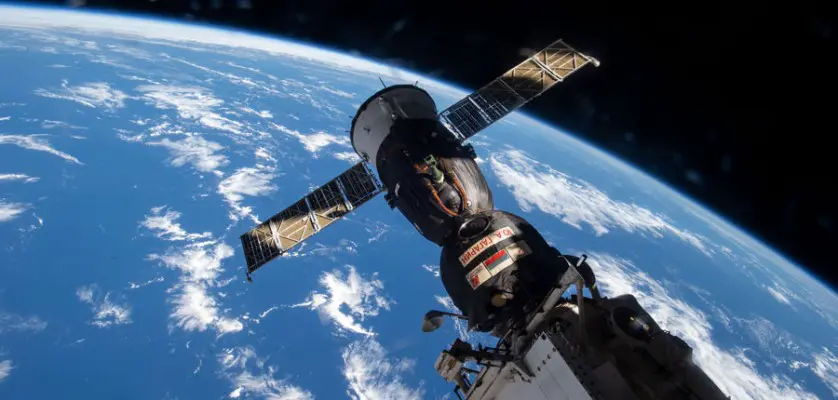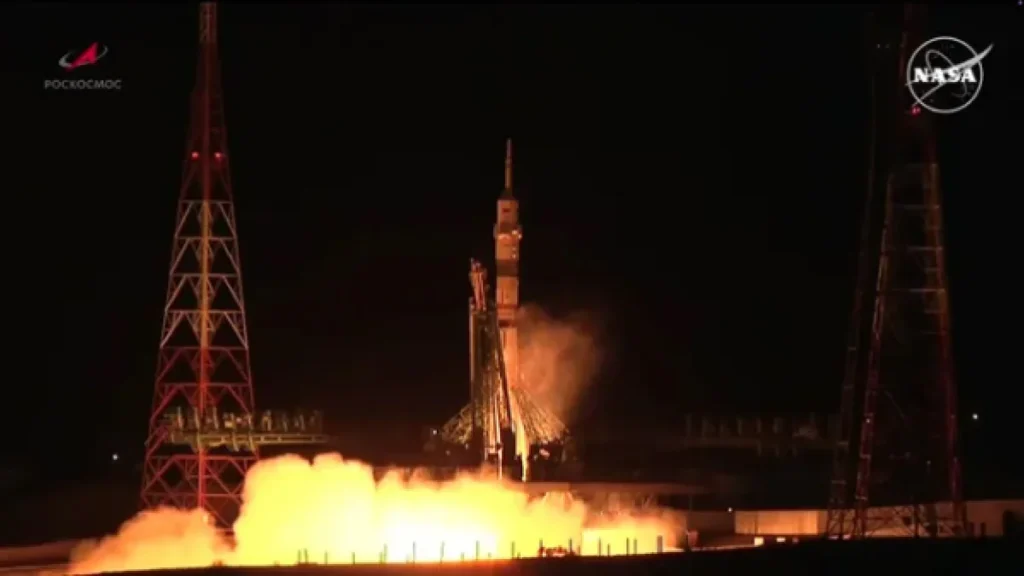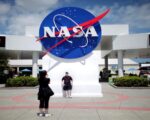Record-Breaking Soyuz Launch Increases Earth’s Orbiting Population to 19

The latest Soyuz launch has set a new record, bringing the total number of individuals in Earth orbit to 19, further expanding the crew aboard the ISS and other space missions.
On September 11, 2024, Earth achieved a remarkable milestone in space exploration with a record-setting 19 individuals currently orbiting our planet. This historic moment was made possible by the launch of a Russian Soyuz rocket, which successfully carried three new astronauts to the International Space Station (ISS). This increase in crew size surpasses the previous record of 17, established just last year, emphasizing the significant growth in international cooperation and human presence in space.
The Soyuz spacecraft embarked on its mission on September 11, carrying NASA astronaut Don Pettit along with Russian cosmonauts Alexey Ovchinin and Ivan Vagner. The launch was meticulously timed, and the spacecraft is anticipated to dock with the ISS at approximately 3:30 p.m. EDT (1930 GMT) the same day. The addition of these three astronauts marks an important step in enhancing the capabilities and research potential of the ISS.
Upon their arrival, Pettit, Ovchinin, and Vagner will join an already diverse crew of nine astronauts residing on the ISS. This existing team includes notable figures such as NASA’s Michael Barratt, Tracy Caldwell-Dyson, Matthew Dominick, Jeanette Epps, Barry Wilmore, and Suni Williams, along with Russian cosmonauts Nikolai Chub, Alexander Grebenkin, and Oleg Kononenko. The collaboration of such a wide array of skilled professionals from different countries reflects the unifying power of space exploration.

The expanded crew will facilitate an increase in scientific research and experiments aboard the ISS, providing opportunities for further advancements in various fields, including biology, physics, and materials science. The ISS serves as a unique laboratory where the effects of microgravity can be studied, offering insights that are not possible to obtain on Earth.
This record number of astronauts in orbit also underscores the increasing frequency of space missions globally. With advancements in technology and a growing interest from both government and private sectors, the prospect of sending humans into space has become more accessible than ever. Future missions are expected to contribute to further discoveries and pave the way for future human exploration beyond low Earth orbit.
As humanity continues to push the boundaries of space travel, milestones like this not only celebrate our achievements but also remind us of the collective efforts of nations and organizations working together to explore the unknown. The journey ahead promises to be filled with exciting opportunities and challenges, fostering a spirit of collaboration that will be essential as we reach for the stars.




















